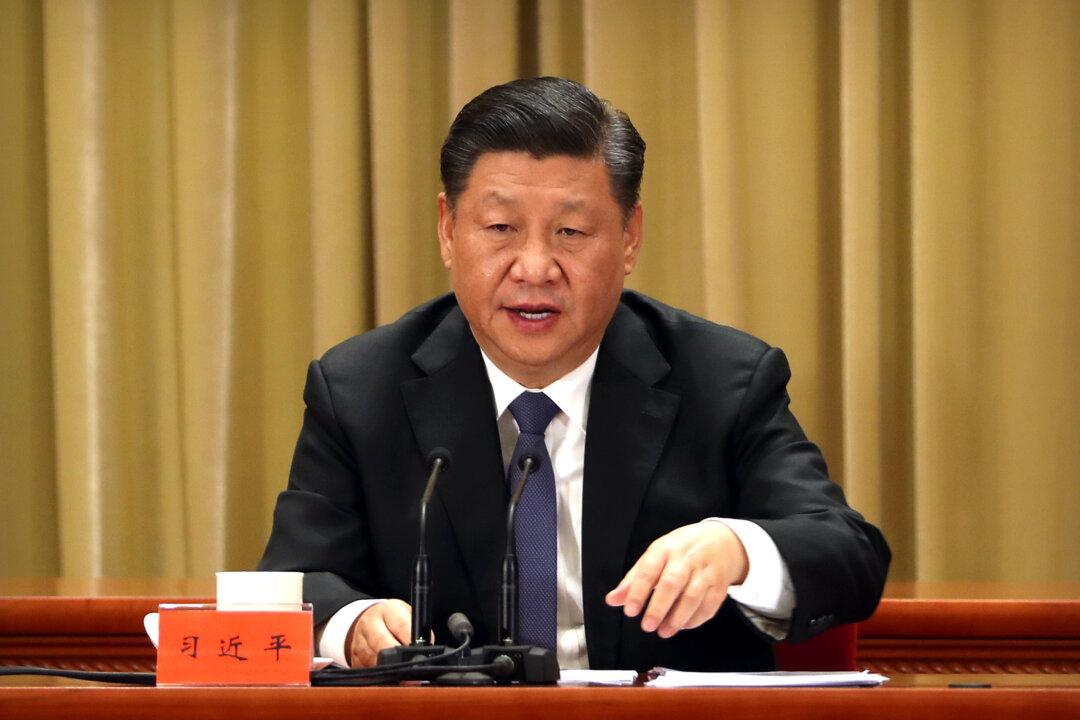Chinese leader Xi Jinping ordered China’s armed forces to step up their preparations for war, in a speech at a meeting of top brass on Jan. 4.
The Chinese communist regime is in the midst of ramping up its armed forces, the People’s Liberation Army (PLA), as it seeks to bolster its territorial claims in the South China Sea, increase pressure on Taiwan, and confront the United States over issues from trade to the status of Taiwan.





